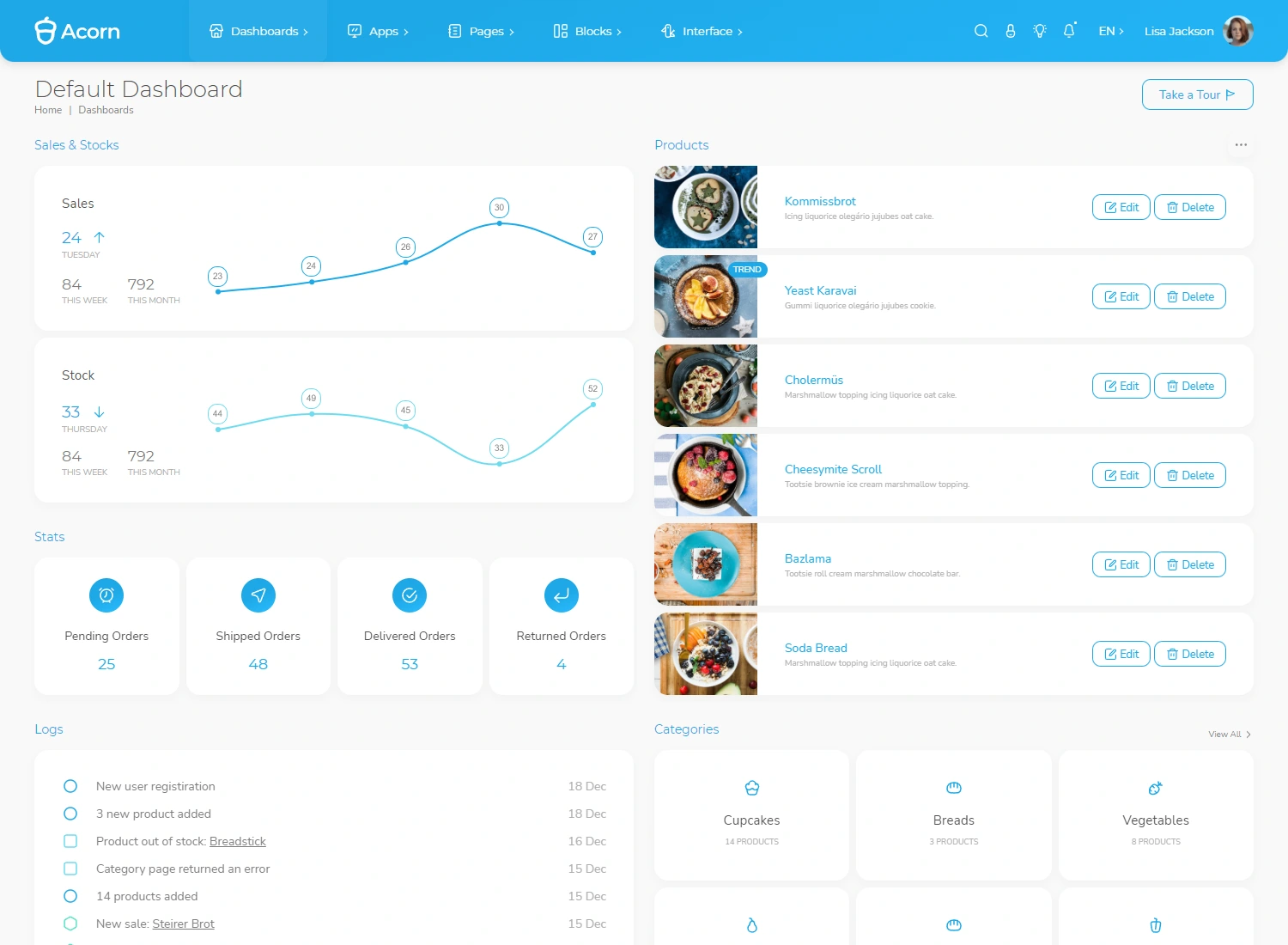India and Russia Explore Cooperation in Polar Navigation and Arctic Shipbuilding
The growing cooperation between India and Russia on polar navigation, Arctic shipbuilding, and cargo shipping along the Northern Sea Route reflects the increasing importance of the Arctic in global geopolitics and trade. Both countries are strategically positioning themselves to benefit from the economic opportunities that the NSR presents. For India, gaining expertise in polar navigation and collaborating on Arctic shipbuilding projects would enhance its maritime capabilities, while for Russia, it strengthens its role as a key player in the development of the Arctic.
India and Russia have recently initiated discussions on deepening cooperation in polar navigation, Arctic shipbuilding, and cargo transit along the Northern Sea Route (NSR). The first meeting of the India-Russia working group on NSR cooperation was held last week, marking a significant step in strengthening bilateral relations and developing joint projects related to polar regions. The two countries are not only exploring training programs for Indian sailors in polar navigation but are also working on expanding logistics links and infrastructure capacities for Arctic shipping.
Strengthening Ties Through the Northern Sea Route
The NSR, which passes through the Arctic waters, is a crucial shipping artery that Russia aims to transform into a more efficient transport route, connecting Europe, Russia, and the Asia-Pacific region. In 2018, Rosatom, the Russian state atomic energy corporation, was appointed by the Russian government as the infrastructure operator of the NSR. As part of its strategic objectives, Rosatom is focusing on making the NSR a viable alternative shipping route that could significantly reduce transit times between Europe and Asia.
India, which has been scaling up its investments in Russia's Far East region, views the NSR as a critical component of its expanding economic engagement with Russia. This was reflected in the joint statement released after Prime Minister Narendra Modi's visit to Moscow in July 2024, where both nations emphasized building "a new architecture of stable and efficient transport corridors."
Training Indian Sailors for Polar Navigation
One of the key areas of focus during the discussions was the possibility of training Indian sailors for polar navigation. Navigating through the Arctic's challenging and icy conditions requires specialized skills and knowledge, and both countries are exploring ways to collaborate in this domain. Polar navigation expertise is crucial for safely navigating the NSR, especially given the harsh and unpredictable weather conditions in the region.
Training Indian sailors would not only enhance India's maritime capabilities but also position the country to take advantage of future shipping opportunities along the NSR. Given the growing global interest in the Arctic for both resource exploration and shipping, developing skilled manpower is a strategic move for India.
Development of Joint Projects in Arctic Shipbuilding
The meeting also discussed the development of joint projects in Arctic shipbuilding, an area of growing importance as the Arctic opens up for increased commercial shipping. Shipbuilding capabilities specific to the Arctic are essential for constructing vessels that can navigate the ice-laden waters of the NSR. India and Russia aim to collaborate in this area, leveraging Russia’s extensive experience in Arctic shipbuilding to enhance India’s maritime industrial capabilities.
Expanding Infrastructure and Logistics Links
Another critical component of the discussions revolved around expanding logistics links between India, Russia, and the broader Eurasian region. Both sides shared common approaches on building a new architecture for transport corridors, which would include boosting the capacity of infrastructure along the NSR.
This increased focus on infrastructure development comes as India scales up its investments in Russia’s Far East region and as both countries seek to expand trade and connectivity across the Eurasian landmass. The planned transport corridors, which would link Europe, Russia, and Asia, could potentially transform the shipping landscape by providing faster and more cost-effective routes for global trade.
Drafting a Memorandum of Understanding
During the discussions, the working group also prepared a Memorandum of Understanding (MoU) between the Indian and Russian governments. This MoU will serve as a framework for further cooperation in cargo shipping along the NSR. Once finalized, it could pave the way for more structured collaboration on various aspects of Arctic shipping, including cargo transit, infrastructure development, and shipbuilding.
- India-Russia Cooperation: The first meeting of the India-Russia working group on Northern Sea Route (NSR) cooperation discussed cargo transit, training Indian sailors in polar navigation, and joint projects in Arctic shipbuilding.
- NSR Importance: The NSR is a key Arctic shipping route that Russia is developing to connect Europe, Russia, and Asia-Pacific regions more efficiently.
- Polar Navigation Training: Discussions included training Indian sailors for polar navigation to enhance India’s maritime capabilities in the Arctic.
- Arctic Shipbuilding Projects: Both countries are exploring joint projects in Arctic shipbuilding to construct vessels suited for icy waters.
- Infrastructure and Logistics: India and Russia aim to expand logistics links and infrastructure along the NSR to support future trade and connectivity.
- MoU Preparation: A Memorandum of Understanding (MoU) between India and Russia for cooperation in NSR cargo shipping is being drafted.






